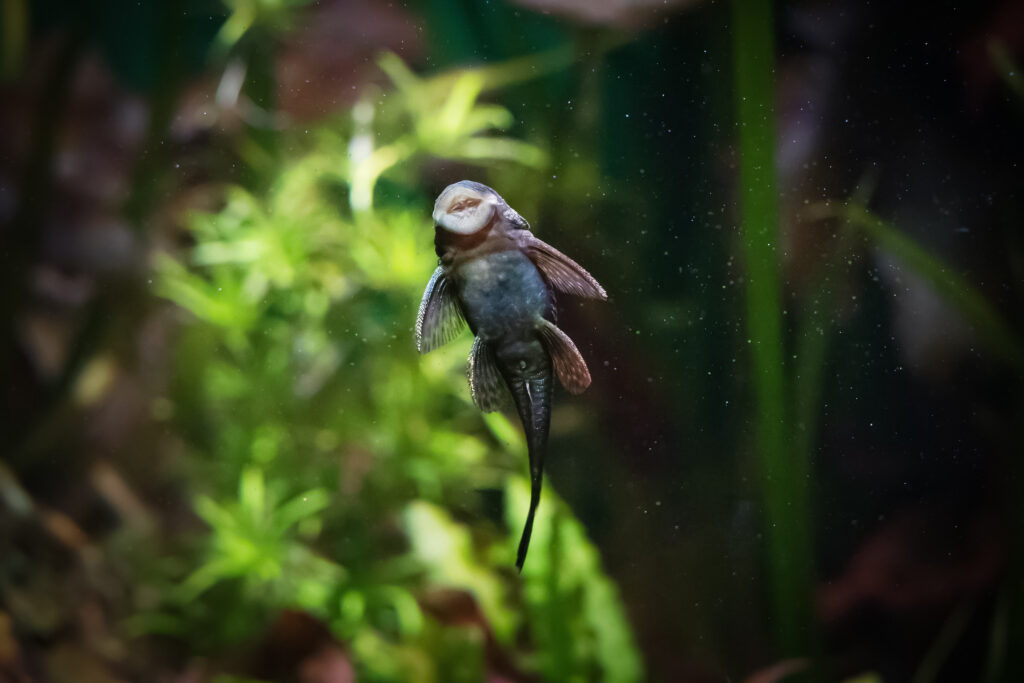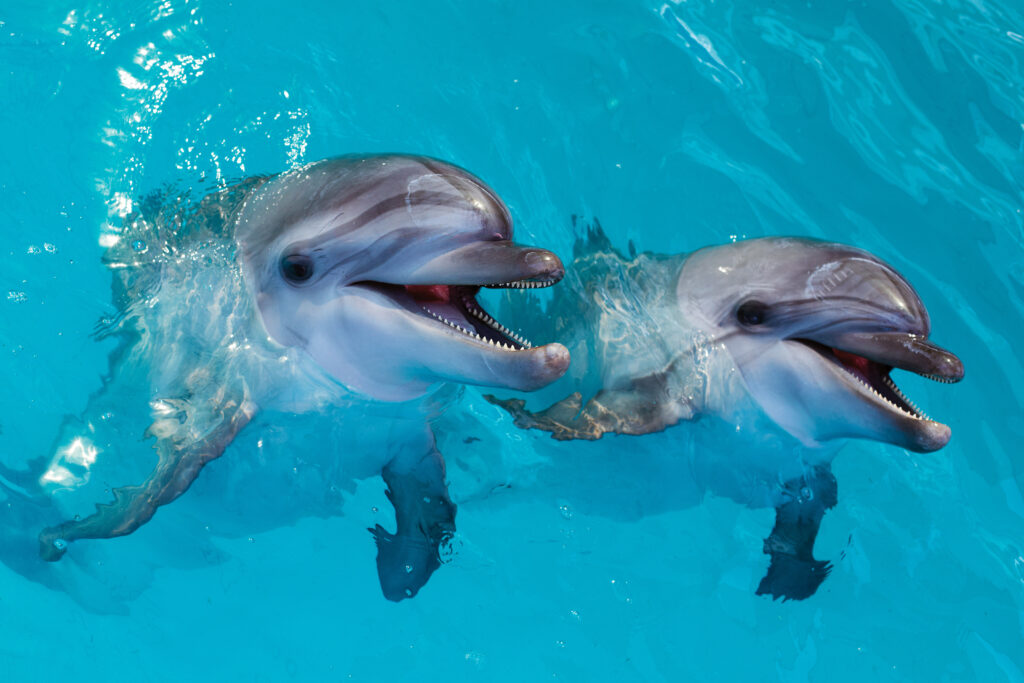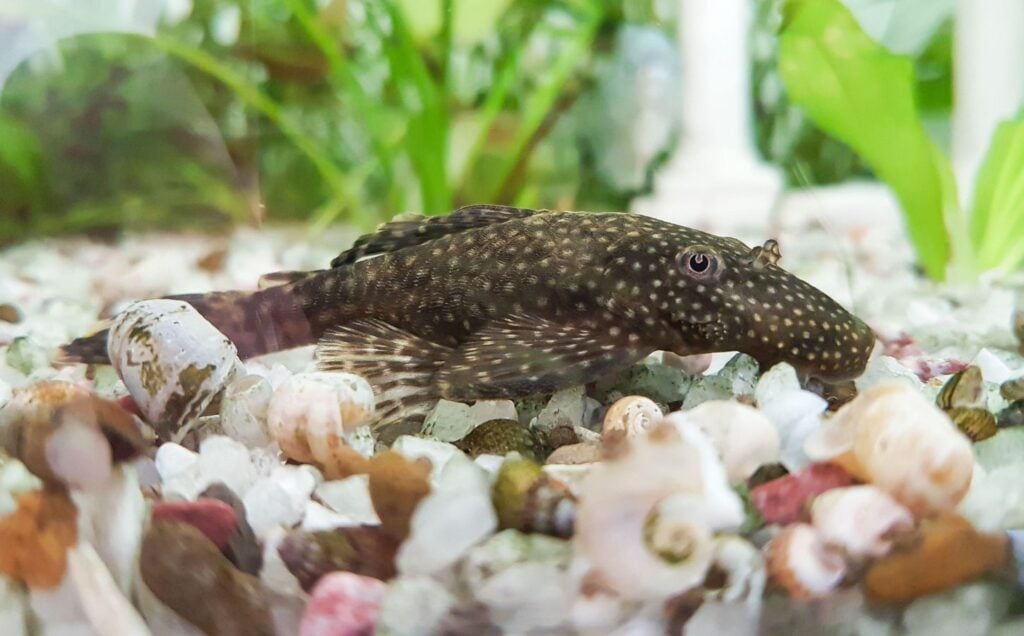A new study has found that some fish are able to recognize themselves in pictures and reflective surfaces, which researchers say could indicate self-awareness.
Scientists from Japan’s Osaka Metropolitan University (OMU) studied the cleaner fish species. They used the “mirror test” to conduct the research. Animals were shown a reflection of themselves before having a mark drawn on their bodies. They were then placed in front of the mirror again, and scientists observed if the animal attempted to touch the mark.
In this study, most of the fish did touch the mark, having apparently identified it in their reflections. Overall, the test fish had a 94 percent pass rate with 17 out of 18 acing the mirror test.
Moreover, the fish that passed the mirror test were shown photographs of themselves and, again, appeared to identify their face. In total, 10 fish were shown images of themselves and strangers from within their species. The cleaner fish acted aggressively towards the unknown individuals’ photographs but made no such moves towards their own pictures.

This has led Masanori Kohda and the rest of the OMU scientists to draw meaningful conclusions. Chief amongst them is that fish can build a mental image of themselves in the same way that humans do.
‘Truly remarkable’
“Our results suggest that cleaner fish with mirror self-recognition (MSR) ability can recognize their own mirror image based on a mental image of their own face, rather than by comparing body movements in the mirror,” the study report states.
Such levels of self-awareness are often only attributed to non-human animals who have similar cognition to humans, such as primates. However, the new discovery lends weight to the possibility that animal self-awareness is more commonplace than traditionally thought.
Primatologist Frans de Waal of Emory University in Atlanta, who was not involved in the research, described the findings as “truly remarkable,” adding: “I think it’s an incredible study.”
Are all fish self-aware?
More research will be needed to understand both the prevalence and depth of self-awareness in fish species. However, the OMU study offers real potential for fish to be considered more intelligent and sentient than ever before.
“There is no compelling reason to suspect that cleaner fish are exceptional within vertebrates or even within fish with respect to the underlying cognitive mechanisms allowing MSR ability,” the report concludes.

“Our research suggests that MSR, self-face recognition, and implied mental states may be more abundant among vertebrates than currently appreciated.”
In the past, large-brained species such as chimpanzees, elephants, and dolphins have passed the mirror test. It’s important to note, however, that some animals who have failed may have done so for reasons other than a lack of self-awareness. It’s been pointed out that the test could be inappropriate for pigs and dogs, for example. The former may not care about having a mark on their head, and the latter relies more on scent than sight.






